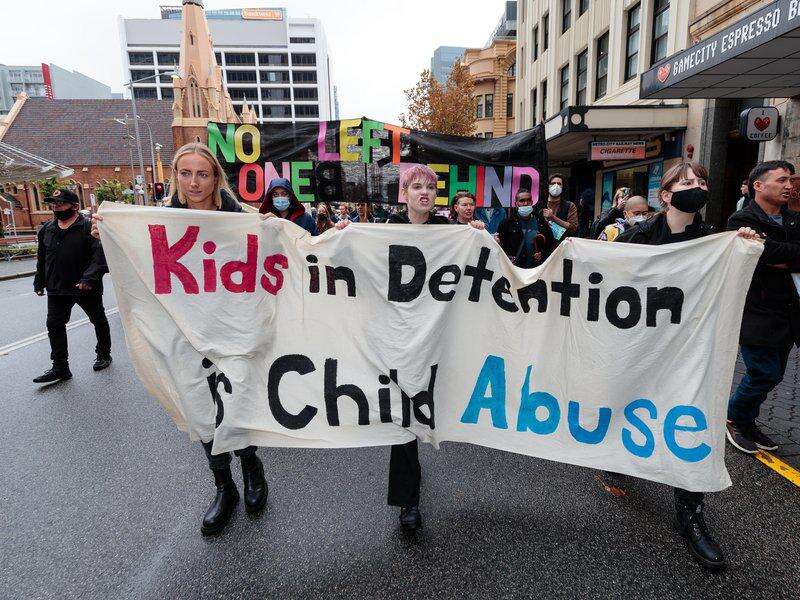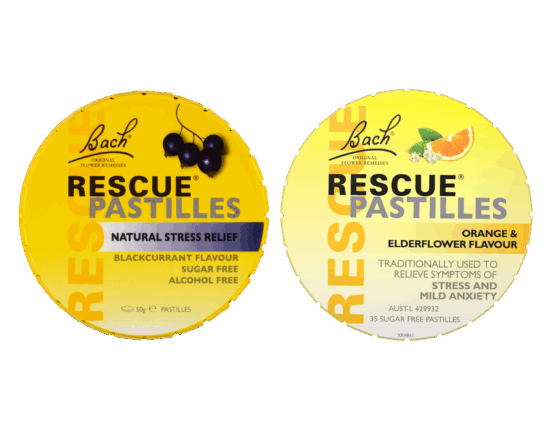Children are meant to be protected, cherished, and nurtured. Yet, the recent wave of allegations surrounding child abuse in Melbourne’s childcare centers has shaken many to their core. Dr. Helen Schultz, a compassionate mother and dedicated medicolegal examiner, shares her deep concerns about the current system’s ability to address these heartbreaking issues.
“As a mother who once relied on childcare for my own son, I am deeply moved by these disturbing reports of abuse,”
says Dr. Schultz.
“It is not just about seeking justice; it’s about ensuring that children are safeguarded and supported through every step of the process.”
The road to justice for abused children is often fraught with obstacles that can exacerbate their trauma rather than provide solace. The existing standards of examination and criteria for compensation may fall short when it comes to assessing the complex impact of abuse on young victims.
Dr. Schultz highlights how the legal framework around compensating child abuse victims may not adequately address their needs. She explains,
“Our current guides for impairment ratings were designed decades ago primarily for physical injuries from accidents or assaults. Evaluating psychological harm in children requires a more nuanced approach tailored to their developmental stages.”
In cases involving child plaintiffs, specialized expertise is crucial but often lacking. Dr. Schultz points out the scarcity of medicolegal experts with specific training in assessing children’s injuries and mental health conditions. This shortage can lead to delays in evaluations and hinder the pursuit of justice for young victims.
When it comes to gathering evidence from children who have experienced abuse, traditional methods like obtaining a direct history may not be sufficient or appropriate. Dr. Schultz emphasizes the need for innovative approaches that consider nonverbal cues and interactions with caregivers to form a comprehensive understanding of the child’s experiences.
Assessing whether an injury is permanent poses another challenge in awarding compensation and providing adequate support to abused children. Dr. Schultz sheds light on this limitation by underscoring the importance of early intervention and age-appropriate treatment aimed at mitigating long-term effects on victims’ well-being.
Furthermore, she raises concerns about potential retraumatization during examinations and interviews with young survivors of abuse. Retelling traumatic experiences or subjecting children to rigorous questioning can inadvertently cause additional distress and confusion, highlighting the delicate balance needed in such proceedings.
Despite these hurdles, Dr. Schultz remains hopeful that increased awareness and dialogue among professionals in medicine, law, and psychology can pave the way for improved practices in handling cases of childhood abuse.
“The recent revelations demand a collective effort to reevaluate our approach towards examining and supporting abused children,”
asserts Dr. Schultz.
“By fostering collaboration between various fields, we can strive towards creating a more compassionate and effective system that prioritizes the well-being of vulnerable young individuals.”
As society grapples with these challenging issues, it becomes evident that advocating for a better way forward is not just essential but imperative when it comes to protecting our most precious resource—our children.









Leave feedback about this